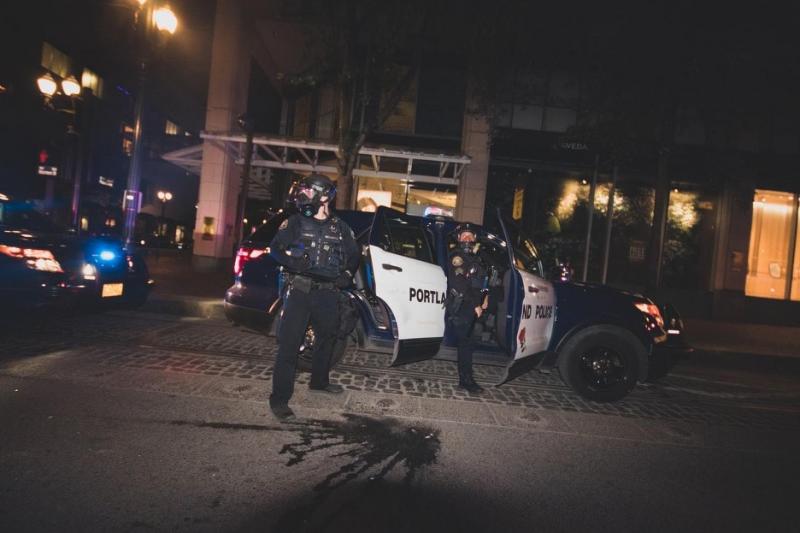5 Examples of Police Misconduct

Police officers are trained to approach challenging situations with neutrality and in compliance of constitutional, federal, and state laws. Emotions can escalate during a police encounter nonetheless because of how tense they can be. Brutality in the hands of law enforcement is absolutely terrifying. Police officers are trusted to serve and protect citizens.
The United States Constitution, as well as other laws, limit how far law enforcement officials can go to do their job. If the police betrayed your trust and harm have violated your rights, then a civil rights attorney can help you.
False Arrest
False imprisonment, or false arrest, is when a person’s freedom of movement is restrained, and they are held in custody without probable cause. In order to restrain or detain someone suspected of committing a crime or about to commit a crime, police officers need legal justification, such as probable cause or a warrant. A false arrest is a violation of one’s Fourth Amendment rights, which protects people from unreasonable searches and seizures.
Witness Tampering
Law-enforcement engage in witness tampering by withholding information, intimidating or threatening witnesses and victims, bribing or otherwise trying to influence the victim or witness to testify falsely. Witness tampering includes discouraging a victim or witness from reporting a crime or testifying. It also includes attempted or successful prevention of a witness from being able to report police misconduct. The officer must have knowingly and maliciously taken advantage of the victim or witness.
Use of Excessive or Unreasonable Force
Excessive use of police force is when law enforcement officials, or anyone who is legally entitled to use force, continue using it even after a tactical objective has been achieved or the person is under control and no longer a threat. Law enforcement is supposed to use only the amount of force it is reasonably necessary to arrest a suspect. When a suspect is in custody and not resisting, then there is no need to continue using force. Brandishing a weapon after a suspect is under control is also considered excessive or unreasonable use of force.
Sexual Misconduct
A famous case in October 2018 in New York City sparked outrage when two plainclothes Brooklyn officers forced a young woman to perform oral sex on them, and then raped her after finding marijuana in her car. The reason the cops pulled over? They just wanted to know what she was doing in the park with friends after dark. During the horrific event, she was threatened with criminal charges if she was not cooperative. Sexual misconduct by police officers can happen during traffic stops or when called for minor offenses.
Police Perjury
Giving false testimony is a hotly-debated topic among police officers and those involved in civil rights law. Police officers will do anything to protect each other. But when a police officer is willing to lie under oath in order to protect a defendant who has been accused of police misconduct, then they are engaging in illegal practices to protect their own fellow officers.
Hiring A New York Civil Rights Attorney
When a person's civil rights have been violated, then the victim can seek recourse through state and federal laws. The police misconduct lawyer Ali Najmi has the resources to fight aggressively and protect your civil rights. He and his team have a long history of winning for their victims and their families in civil rights suits.
More to Read:
Previous Posts:







